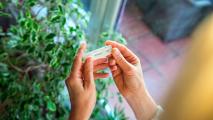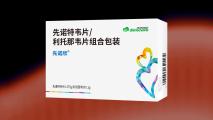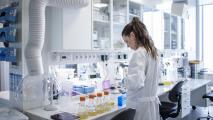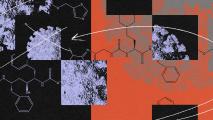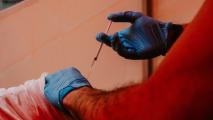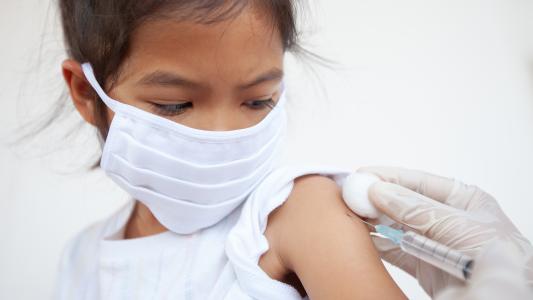If you live in the United States, chances are you’ve spent the past couple of months social distancing, leaving home just to stock up on groceries or walk around the block.
Across the nation, states are now easing up on restrictions for nonessential businesses, which has left many people asking themselves whether they’re now free to start socializing — or if they should start mentally preparing for a very lonely summer.
So, Is It Safe to Hang out With Friends Now?
According to the experts, the question, “Is it safe to hang out with friends now?” can’t be answered with a simple “yes” or “no.”
“The idea of safe or not safe is not black and white,” Chunhuei Chi, director of Oregon State University’s Center for Global Health, told the Los Angeles Times. “It’s a degree that is influenced by multiple factors.”
The whole point of social distancing is to prevent contact between healthy people and people infected with the coronavirus. But a significant percentage of coronavirus infections are asymptomatic, at least during the early part of the infection.
That means you can’t know for sure that your friend doesn’t have an active infection unless they’ve been tested — and if they’ve come in contact with anyone since taking that test, a negative result is less and less meaningful.
The same is true for your own coronavirus status — you might be a carrier and not even know it. In that case, socializing during the coronavirus might be safe for you, but potentially deadly for others, especially older people and those with preexisting conditions.
However, there is some good news for people wondering is it safe to hang out with friends now.
Research suggests that people who’ve recovered from the coronavirus will have antibodies that prevent them from contracting it again. That means if you’ve already survived one coronavirus infection you’re unlikely to catch the virus again.
But even a positive result on an antibody test isn’t a guarantee. For one, many antibody tests on the market aren’t very accurate. Secondly, scientists aren’t sure how long immunity might last.
Hanging Out With Friends During the Coronavirus
So, the short answer is that there’s currently no way to 100% guarantee you aren’t going to get infected — or infect someone else — by hanging out with friends.
But it could be more than a year before we have a coronavirus vaccine — if ever — and remaining in total social isolation for long periods of time isn’t healthy, either.
That means most of us will need to find a way to balance our personal need for social interaction with our responsibility to society — and experts have a few suggestions on how to best do that, too.
Remaining in total social isolation for long periods of time isn’t healthy.
The first is to play the numbers game — the fewer people you hang out with (and the fewer people they hang out with), the lower your chance of spreading the coronavirus.
You’ll also want to limit your interactions to only people you trust — if there’s a chance a friend might be lying to you about who else they’re hanging out with, they aren’t someone you should be seeing right now.
When you do decide you’re going to socialize with someone, stick to activities that minimize the risk of infection. Opt for an outdoor activity over an indoor one, and choose something that lets you stay the recommended six feet apart over something that requires close contact.
Wearing a mask during any social interaction and washing your hands regularly is also recommended. And when it’s time to say goodbye, a wave ranks lower on the risk spectrum than a hug.
We’d love to hear from you! If you have a comment about this article or if you have a tip for a future Freethink story, please email us at [email protected].

